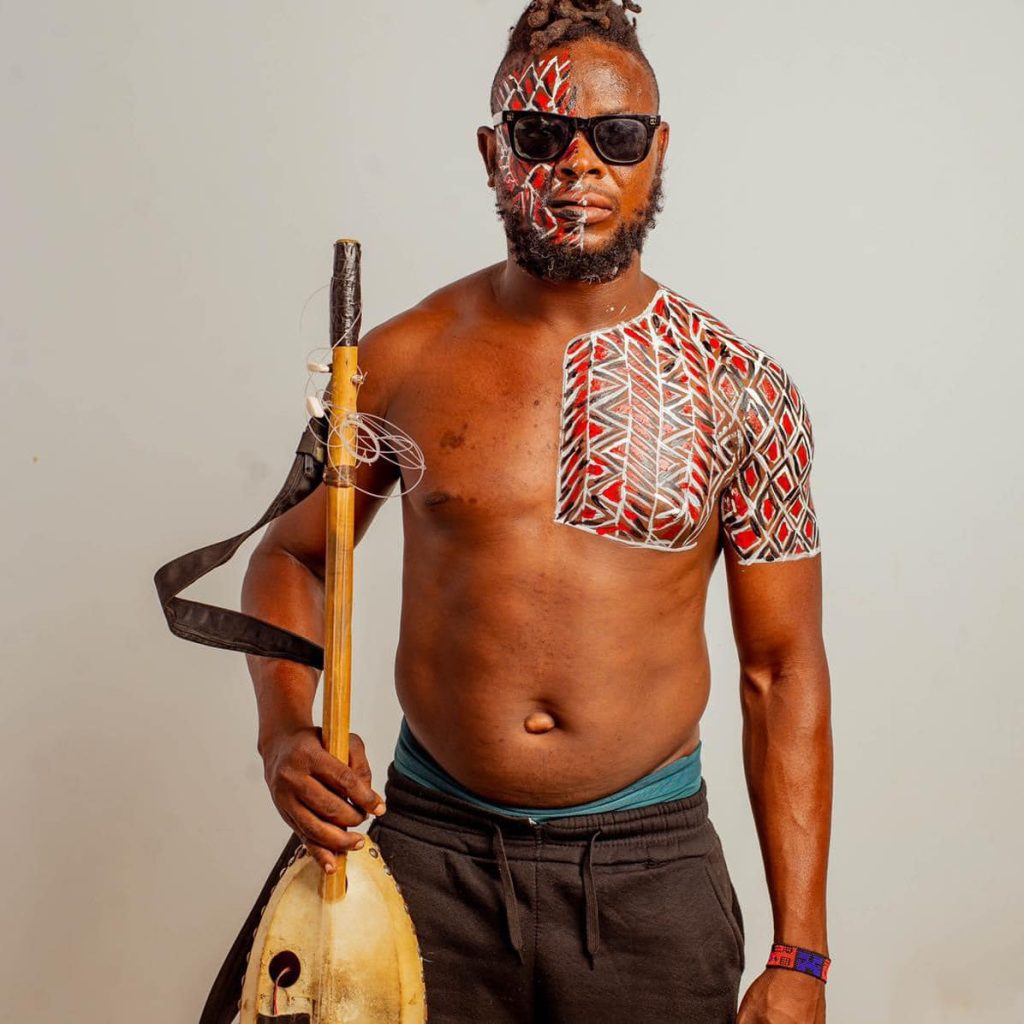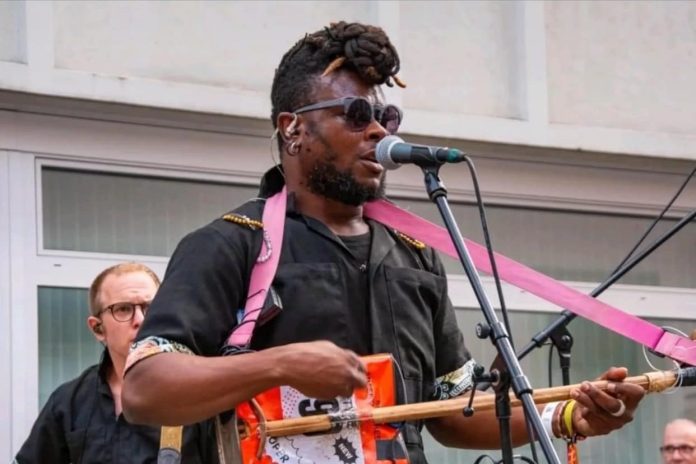
Stevo Atambire, a celebrated musician from Ghana’s Upper East Region, is renowned for his mastery of the kologo, a traditional two-stringed instrument. His innovative approach to preserving cultural heritage has earned him international acclaim, blending indigenous rhythms with contemporary influences to create a sound that resonates globally.
In a recent interview with Zeal Nana Kweku-Bliss on Classfm, Stevo highlighted what makes northern Ghanaian musicians unique, their deep connection to traditional instruments, culture, and their commitment to safeguarding this heritage. This perspective aligns with his own journey, which started in the Upper East Region and led him to Accra in pursuit of a music career fueled by passion and perseverance.
Stevo Atambire has been a pivotal figure in bringing kologo music to the world stage. His recent European tour was a career milestone, introducing global audiences to the rich sounds of kologo music. Reflecting on this experience, he emphasized the universal nature of music, noting that rhythm and emotion transcend language barriers. His performances captivated diverse audiences and expanded his fan base.
Beyond his artistry, Stevo is also an environmental advocate. He has adapted the traditional kologo by using a metal frame instead of the traditional calabash, reducing environmental impact and creating a unique, durable instrument better suited for global performances. This decision exemplifies his commitment to blending tradition with modern sustainability.

Stevo’s recent single, Walk Your Talk, showcases his talent and dedication to producing meaningful music. Available on streaming platforms, the track further solidifies his reputation as a musician who stays true to his roots while embracing global appeal.
With over 15 years in the industry, Stevo remains a mentor to aspiring musicians, emphasizing the importance of hard work, cultural pride, and continuous improvement. His ongoing projects and future collaborations aim to further elevate Ghanaian music on the global stage.





